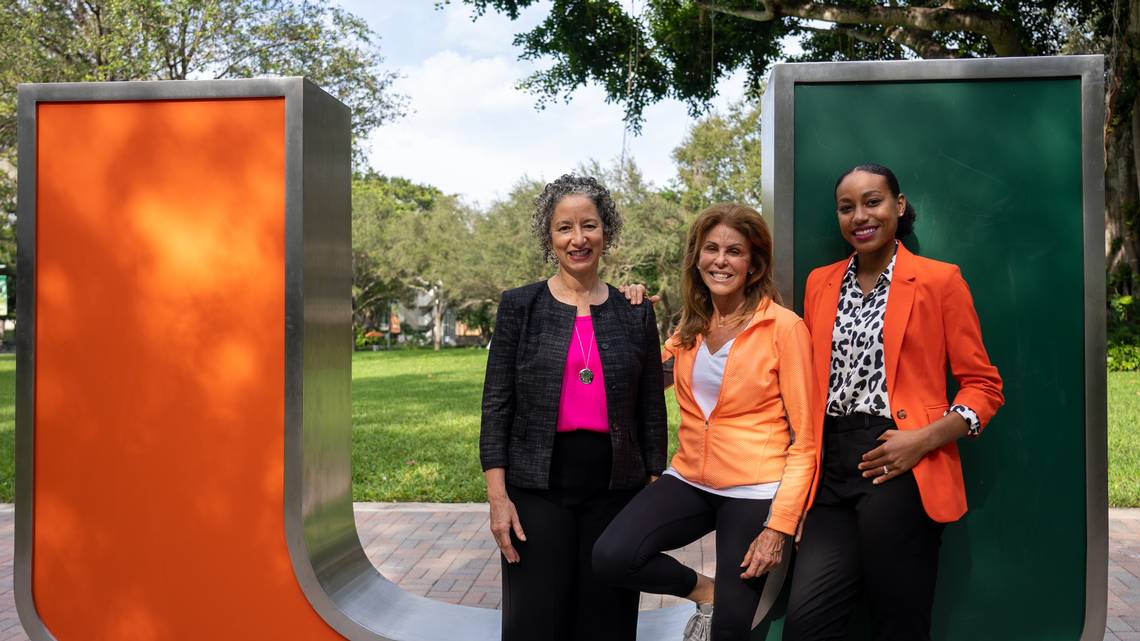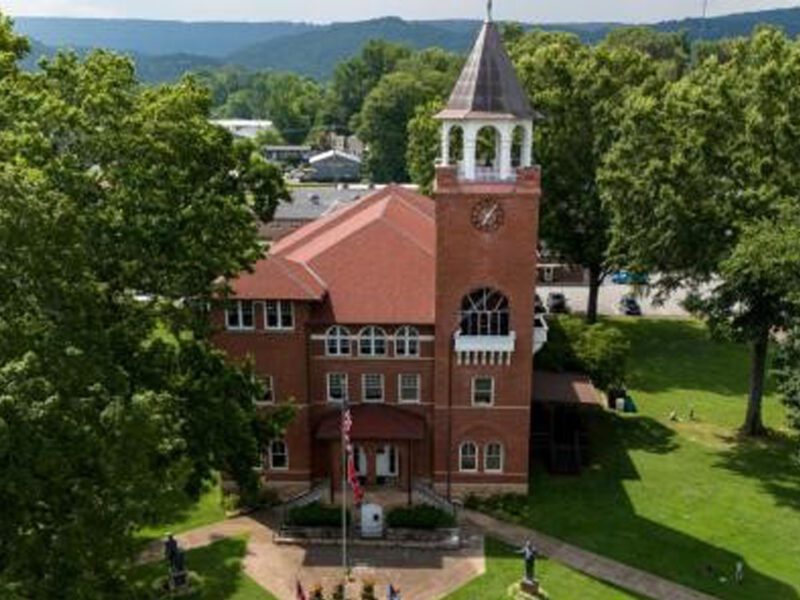
Become a teacher in a few months? Here’s a solution to the K-12 teaching crisis from UM
Miami Herald | By Jimena Tavel | January 10, 2023
Although the COVID pandemic didn’t trigger the K-12 teacher shortage in the United States, it definitely exacerbated the issue.
The University of Miami, working with two local nonprofits, is trying to help Miami-Dade public schools with a new, privately funded initiative called the Teacher Accelerator Program (TAP).
Starting in the spring semester in January, University of Miami seniors who may have never considered going into a classroom will be able to graduate as teachers with a guaranteed job waiting for them.
All non-education majors at UM can now take a one-semester class (Teaching and Learning 590) during their senior year, enroll in a six-week paid summer internship and then start with Miami-Dade County Public Schools next fall, after getting their certification. Participants will earn $5,000 for the internship, working alongside veteran educators.
ACHIEVE MIAMI, TEACH FOR AMERICA ARE PARTNERS
Three institutions created TAP: the UM School of Education and Human Development; Achieve Miami, a nonprofit that tries to narrow divides among students in Miami-Dade County; and Teach for America Miami-Dade; a nonprofit that recruits college graduates to teach in low-income communities for at least two years.
If the pilot program at UM succeeds, it could be replicated in other parts of the country soon, said Leslie Miller Saiontz, founder of Achieve Miami and a member of the advisory board for Teach for America Miami-Dade. She hopes to do that in the next five years, with it expanding to other parts of Florida starting next year.
MDCPS committed to hiring 50 teachers from TAP next fall. About 20 UM students already registered for the spring semester. UM opened two sections and one already filled up, but the second still has open spots. Classes start Jan. 17.
Laura Kohn-Wood, the dean of education at UM, said it took about a year to develop TAP. The faculty at the UM Department of Teaching and Learning built the “intense,” three-credit course.
She collaborated with the dean of the School of Nursing and Health Studies, Cindy Munro, who leads an accelerated nursing program, and believes those who go through TAP will be ready to teach.
Kohn-Wood said that, like most of her counterparts nationwide, she has noted a dwindling enrollment in traditional education programs in recent years. Low pay and challenging working conditions brought on by the pandemic have accelerated the decline.
Other potential students, she said, may never enroll because they may never consider teaching.
“At the University of Miami, we have 284 majors. Students come in and they have almost a candy store of majors to choose from … they have this cornucopia of disciplines and therefore education might not stand out to them as readily as some of the other options,” she said.
Still, she thinks that the subject-specific expertise of other majors will end up benefiting K-12 students in the long run.
Miller Saiontz said they will target the Gen-Z generation, born from the mid-to-late 1990s to the early 2010s, as they are likely to hold more than one job throughout their lives.
“We believe this is a two-prong opportunity to No. 1, resolve this teacher shortage situation,” Miller Saiontz said, “and two, to allow these graduating seniors to do something meaningful, where they can support their community and build discipline, focus, communication, leadership — skills that will carry them wherever they go going forward.”





